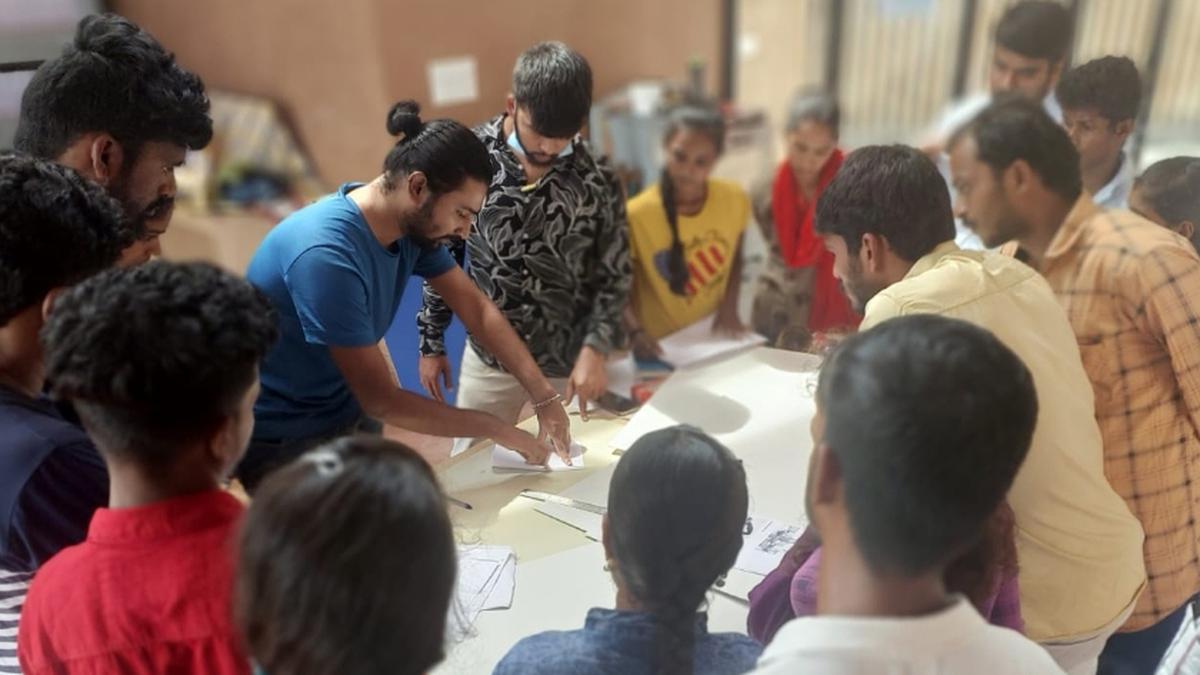
Can short courses creating technical expertise help solve Bengaluru’s garbage problem? Premium
The Hindu
It has been five years since Samvada Baduku started offering a certification course in waste supply chain management (WSCM). A six-month long course with a capacity of 20 students, it has been seeing an increased number of applicants every year.
It has been five years since Samvada Baduku started offering a certification course in waste supply chain management (WSCM). A six-month long course with a capacity of 20 students, it has been seeing an increased number of applicants every year.
For the batch that would begin on 1 August, around 100 applications have come in. This time there have been applications from even far-off places like Jammu and Kashmir, New Delhi, Haryana, Odissa and Nagpur.
“The medium of communication is Kannada, and therefore we will have to turn down those applications,” says Bindiya, course faculty for waste management at Baduku.
“We may come up with an online course or an English version of the current course for such applicants,” she adds.
Green-collar jobs in waste management may not still be perceived as the most lucrative career option, but according to experts, the interest in such courses has been gradually rising over the years. They note that the time may be ripe for more players to offer similar programmes.
The WSCM course by Baduku is a residential programme comprising four months of in-class training and two months of internship.
“The course has various aspects. We impart sector-specific, technical and communication skills, and perspectives on the sector, social structure, gender and climate change. Aspects such as how we represent ourselves in society are also covered,” Ms. Bindiya explains.













